In January I presented at the Eighth International Conference on Environmental, Cultural, Economic and Social Sustainability which took place in Vancouver. The conference focuses on the idea that sustainability is best understood in a holistic way.
When you go to a conference it is too easy to get caught up in anxiety about delivering your own paper, at this conference I was determined to maximise my learning opportunities (and be relaxed about my paper) so crammed in as many sessions as I could. I made a lot of contacts; I also learned so much which challenged my own thinking, even more so because the conference is multi –disciplinary and very inclusive. I attended sessions ranging from economic models for sustainability, campus initiatives, social and cultural implications, and perspectives from art, sociology, engineering and literature.
It was great to have my assumptions challenged about US perspectives in relation to carbon and the environment (it is too easy to see the USA as a carbon guzzler). It was also interesting to see the ‘political’ arise in academic debate (Republican views v Democratic) with subsequent falling out!
Many USA and Canadian universities are aiming for zero carbon by 2050. Some are aiming for zero waste by 2020. They all want to grow by up to 30% so new buildings are being conceptualised which are carbon neutral from the outset. Canada may have pulled back from Kyoto but their universities are forging ahead with SD. There were some exciting presentations and lots of new things to think about.
What struck me particularly, apart from ‘we need to up our game here’ was learning what sustainable development means from a Southern perspective and the impossible task confronted by developing countries who are trying to secure economic sustainability but struggling with climate change, and struggling with the pollution left as a result of western activities and needs. In the Niger Delta it will take 25-30 years to clean up the pollution left by oil companies and cost 1bn (UNEP, 2011). Oil accounts for 80% of Nigeria’s revenue but the benefits are not being felt – the region is characterised by conflict. I did not know that they flare off their gas for starters. I had not realised the extent to which the wetland and coastal marine eco-system was being contaminated. I also had not realised that so many water projects have been abandoned in Nigeria, that individuals are often forced to drill their own bore holes (and fight for water). In Sub Saharan Africa 4000-6000 children die each day as a result of water born diseases.
I came away from the conference fired up to take action but wanting to share a couple of points:
- Don’t be so focused on your own perspective that you forget to really listen to others.
- Don’t be so focused on getting your own paper over, to the extent that you reduce the opportunity to learn and develop networks
- A multi-disciplinary focus really stimulates new thinking – while we are each working in our respective disciplines and research themes, it is important to seek opportunities to share with those who may seem different/more difficult to work with than those who have a similar world view- you might learn more from the challenge and develop new ideas.
Please contact me if you would like to hear more about the conference.
Chris Shiel, Associate Professor, Centre for Global Perspectives
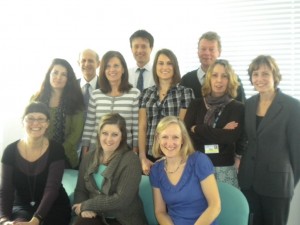



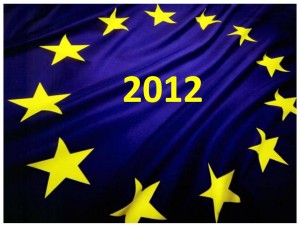
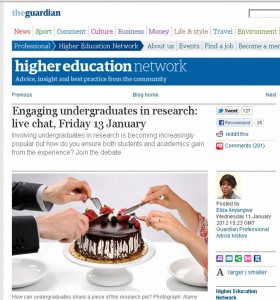
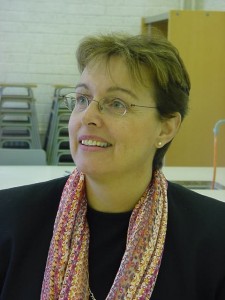
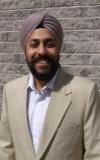 Watch this excellent short video from BU’s
Watch this excellent short video from BU’s 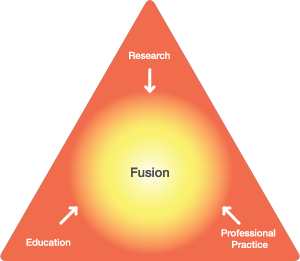
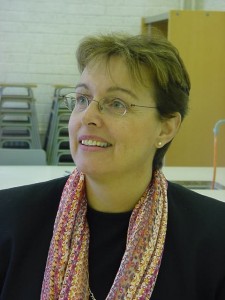


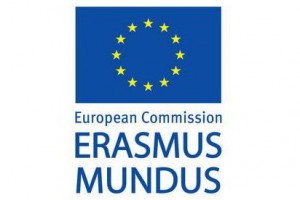


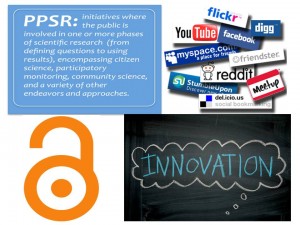











 Connecting Research with Practice: FoodMAPP Secondment in Austria and France
Connecting Research with Practice: FoodMAPP Secondment in Austria and France Health promotion paper read 8,000 times
Health promotion paper read 8,000 times The Beautiful Work Challenge: On Birth
The Beautiful Work Challenge: On Birth Free event on Solutions to Inequalities in Dementia Diagnosis and Care
Free event on Solutions to Inequalities in Dementia Diagnosis and Care MSCA Postdoctoral Fellowships 2025 Call
MSCA Postdoctoral Fellowships 2025 Call ERC Advanced Grant 2025 Webinar
ERC Advanced Grant 2025 Webinar Horizon Europe Work Programme 2025 Published
Horizon Europe Work Programme 2025 Published Horizon Europe 2025 Work Programme pre-Published
Horizon Europe 2025 Work Programme pre-Published Update on UKRO services
Update on UKRO services European research project exploring use of ‘virtual twins’ to better manage metabolic associated fatty liver disease
European research project exploring use of ‘virtual twins’ to better manage metabolic associated fatty liver disease